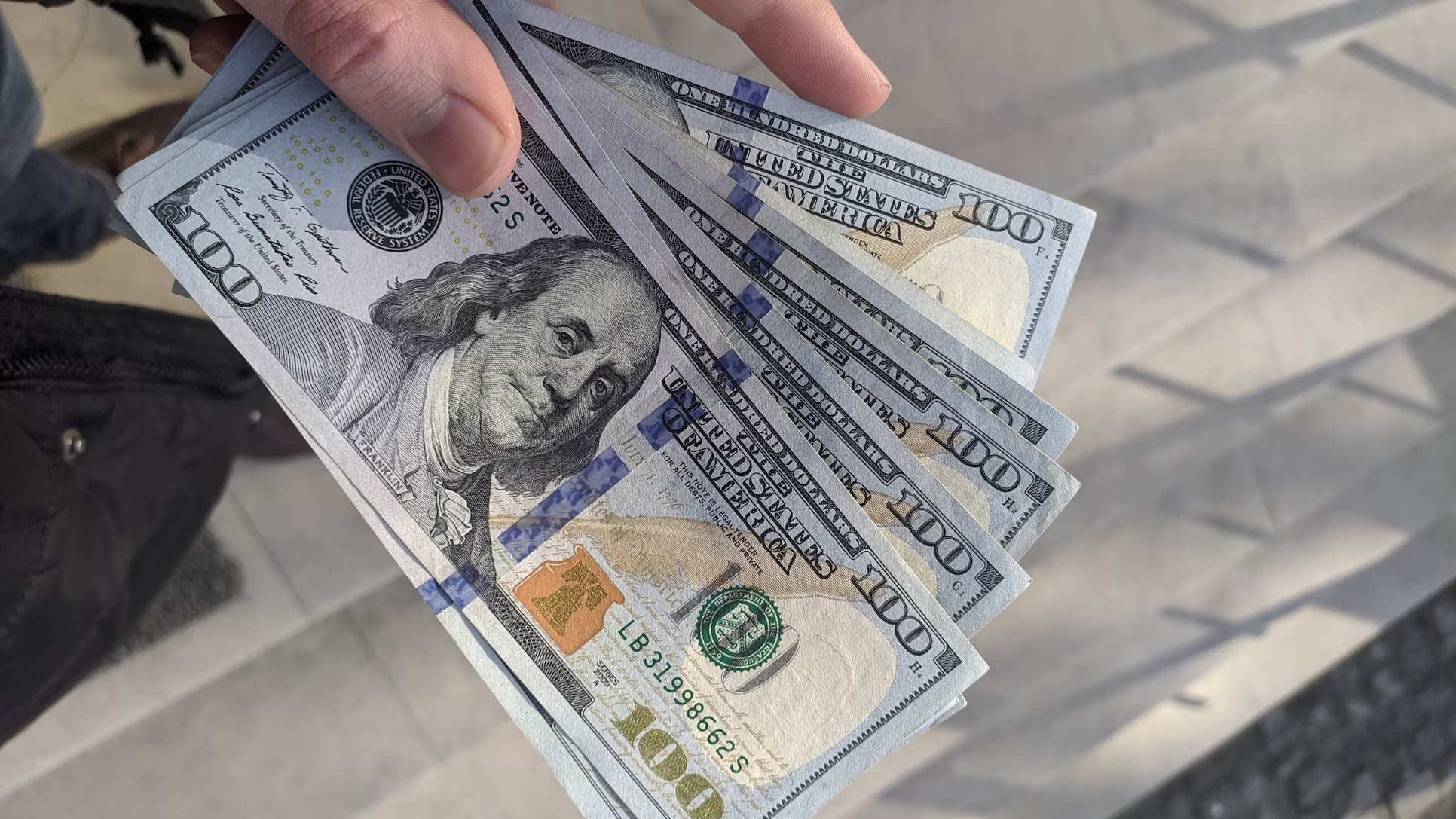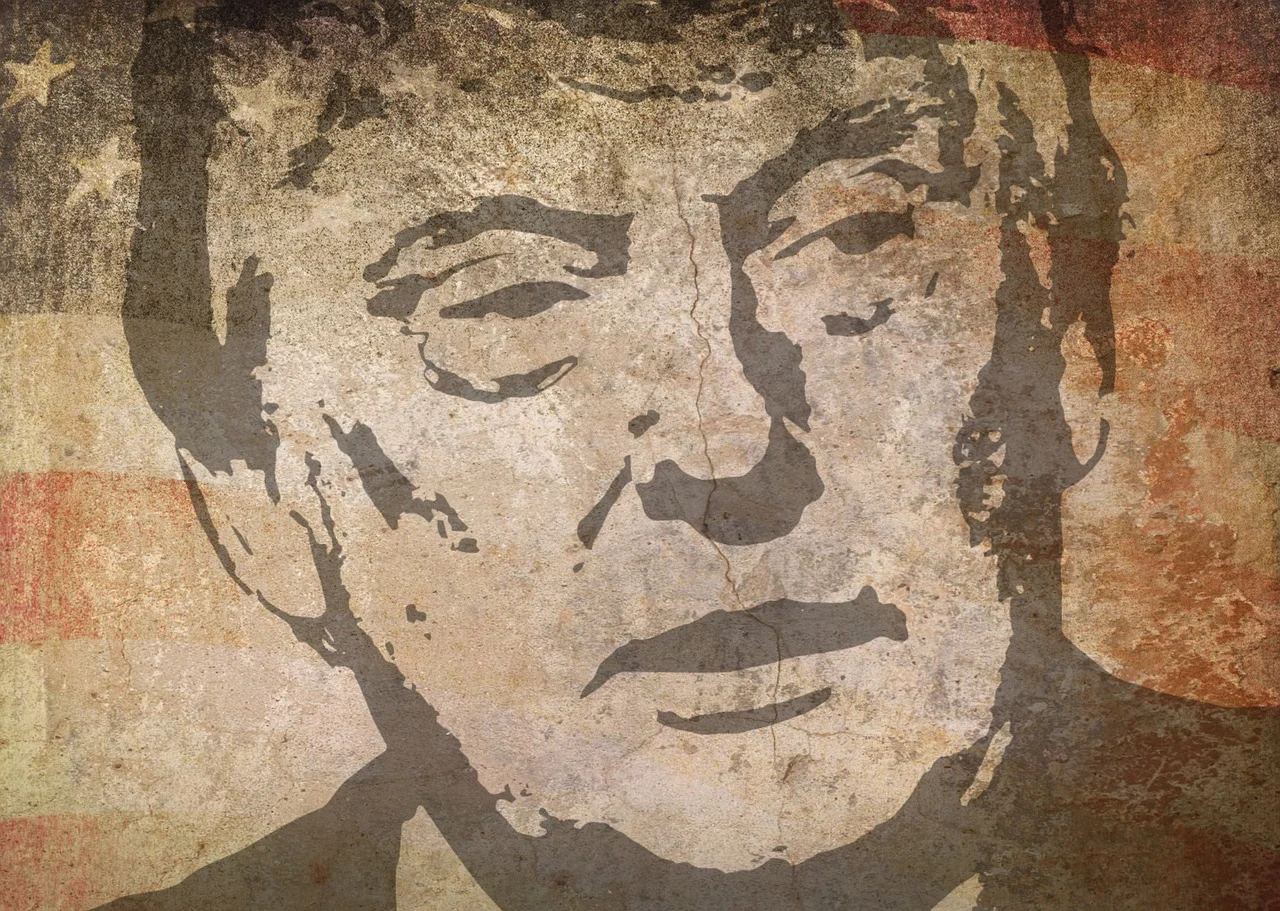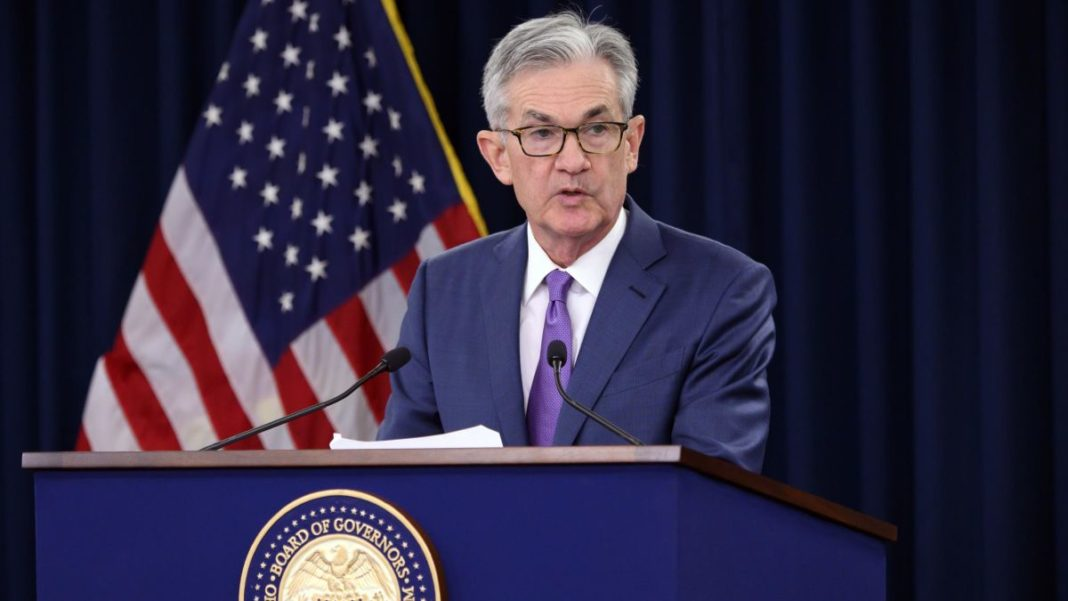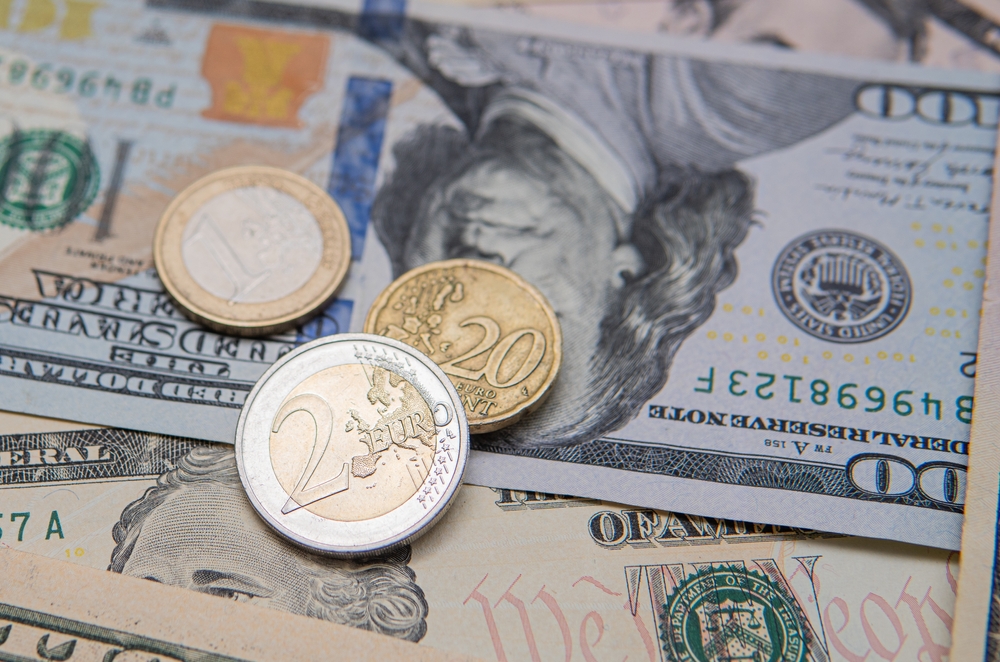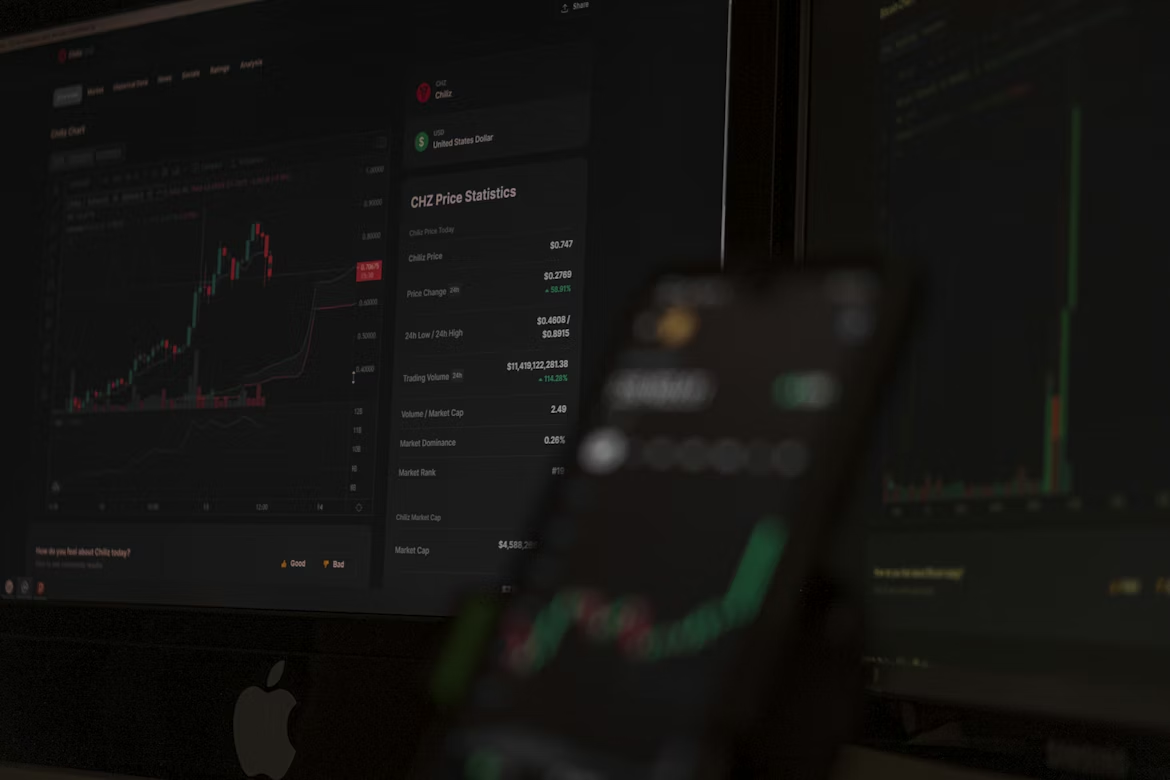The Federal Reserve met and has decided not to lower interest rates this time around, citing reaccelerating inflation as a dangerous territory that may hurt confidence if rate cuts were made earlier, which was the trajectory before entering this year. Treasury yields were down slightly, as there is no significant hawkish tone to any rate hike that was endorsed by some Fed members weeks ago. However, the Fed has also announced a reduction in quantitative tightening, from $95 billion to $60 billion per month, signalling a shift towards easier monetary policy. As an analyst suggested, this current cycle is not quantitative easing, but not quantitative tightening either, as fed tries to achieve duration-neutral balance.
EQUITY
The trading session was volatile in conjunction with FOMC, which closed overall negative with a 67 point difference between the S&P 500 open and its high. Amazon's stock closed 2% higher after its solid first-quarter earnings , driven by increased demand for its cloud business. However, chip stocks like Super Micro Computer and Advanced Micro Devices faced downturns, despite AMD's positive forecast for AI chip sales in 2024. Consumer goods companies struggled due to inflation-weary consumers pushing back on higher prices and weakening demand.
GOLD
Gold prices reacted positively to the FOMC, as there is indication that future rate cuts are still on the table, although the Fed kept interest rates unchanged for now, with Chair Jerome Powell stating that the central bank's next move is unlikely to be a rate hike. Traders were relieved by Powell's dismissal of further rate hikes, driving gold prices above $2,300. With the Fed's policy statement framing the discussion around conditions for potential rate cuts, traders increased their bets on at least one rate cut this year.
OIL
Oil prices rebounded on expectations that the U.S. would start replenishing its strategic petroleum reserve at lower price levels, reversing trends after three days of losses. However, prices had fallen sharply the previous day due to the U.S. Federal Reserve keeping interest rates steady, which could limit economic growth and oil demand, which saw slower growth over the over the last two weeks.
CURRENCY
Japanese authorities are likely to continue intervening in the currency markets to prevent a free fall of the yen, especially against the US dollar, which saw the dollar spike against the yen, a suspected currency intervention. A former Bank of Japan official involved in past interventions stated that sudden, large movements in the yen's value risk triggering speculative trading that could cause a yen free fall, aiming to maximise the psychological impact and keep traders on guard.

